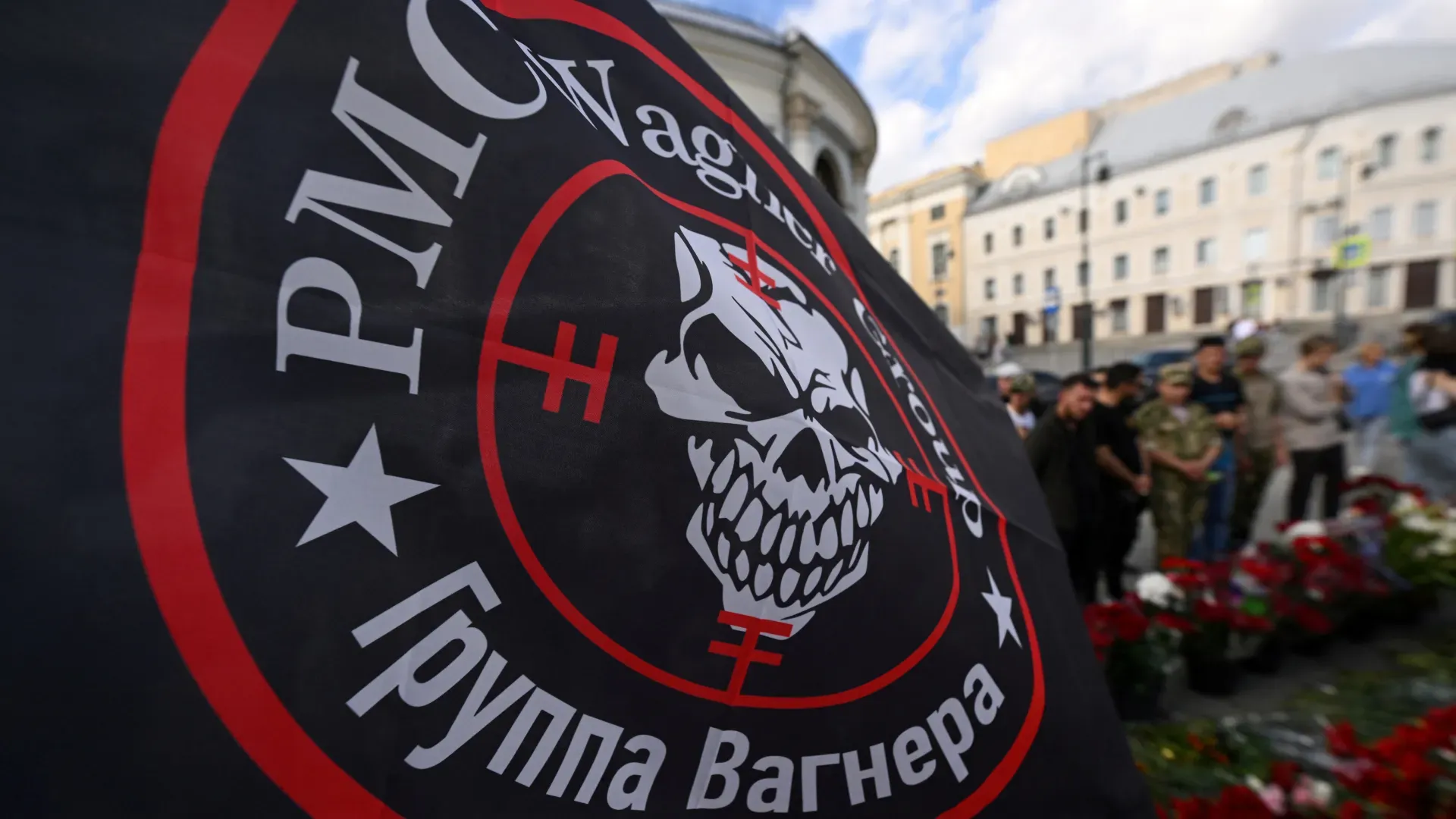Wagner Group operations in Africa are likely to continue in the coming months despite its leadership having been killed in a plane incident.
This assessment was issued to clients of Dragonfly’s Security Intelligence & Analysis Service (SIAS) on 30 August 2023.
- Africa has become – and remains – particularly strategically important for Moscow since the start of the Ukraine war
- As long as the group is able to deliver on its contractual obligations, governments are unlikely to renege on their contracts
Wagner Group activities in Africa are unlikely to be significantly impacted in the coming months. This is despite its top leadership having been killed in a plane incident on 23 August. Operations in Burkina Faso, CAR and Mali have seemingly continued since the incident. In our analysis, both the Russian state and local governments have a shared interest in upholding Wagner Group’s contracts in Africa. Beyond the next few months, it is highly likely that the organisation will be rebranded or its personnel absorbed by another Russian paramilitary company.
Ongoing operations to continue
We have not seen any indication of the Wagner Group halting or slowing down their activities in Africa. A diplomatic contact based in Bamako who has provided us with highly insightful information on the Group there told us on Monday that they had not seen irregular movements of Russian contractors there. Planes which have previously carried supplies and new Wagner fighters, flew from Russia to Bamako and back over the past week. Such rotations also continued in the days after Prigozhin led Wagner fighters in a failed rebellion against the military leadership in Russia in June.
Wagner’s operations in Africa appear to be largely immune from developments in Russia. For example, fighters there enjoy some degree of autonomy. We have seen limited indications of changes to the local command structures in Burkina Faso, CAR and Mali since Prigozhin’s death. These commanders work directly with the local governments. And no regular Russian forces are present there, these commanders appear to retain operational decision-making powers. And with large numbers of fighters already present on the continent, Wagner will most likely be able to fulfil its contractual obligations.
Russian influence to remain prevalent
We assess that it is highly unlikely that the Kremlin would jeopardise its relationships with supportive states by withdrawing one of its main vectors of influence in Africa. That is at least not without assurance that Wagner’s capabilities can be replicated or replaced. Local governments are very unlikely to turn their back on Moscow, even though their leaders had personal relations with Prigozhin.
Propaganda and disinformation efforts, which have become an important part of their operations in Africa, are unlikely to be halted either over the coming years. Such efforts have enabled Russia to stir anti-Western and pro-Russia sentiment on the continent at a low cost. This is also a way to bolster support for pro-Russia candidates during election periods, for example. And despite the death of Prigozhin, we have seen no changes in the frequency or the nature of propaganda posts on social media platforms.
Absorption of Wagner likely
A rebranding or absorption of the Wagner Group into a different Russian private military company (PMC), closer to the Kremlin, is highly likely in the coming months. This would allow Moscow to assert more control over the group’s operations. Other Russian PMCs (such as Convoy, Patriot and Redut) are already present or have shown their intent to expand into Africa in recent weeks. A change in leadership appears unlikely to lead to the demobilisation of Wagner fighters in Africa as long as they continue to be paid.
Expansion to new countries likely to slow down
The reorganisation of the Wagner Group’s operations in Africa is likely to slow down its expansion to new countries at least in the coming months. The group’s new leadership will likely focus on regaining the confidence of governments like CAR and Mali by consolidating their existing activities. They will also look to build personal relationships with key members of these governments. And we assess that governments that were looking at contracting the Wagner Group, namely Niger, are likely to wait until a clearer picture of the future of its African endeavours appears.
Image: A flag with the logo of Wagner at a makeshift memorial to pay tribute to the late head of Wagner, Yevgeny Prigozhin, in Moscow, Russia, on 27 August 2023. Photo by Natalia Kolesnikova/AFP via Getty Images.




